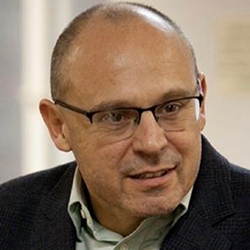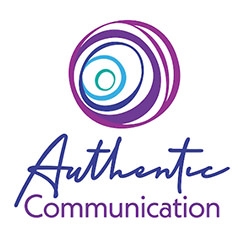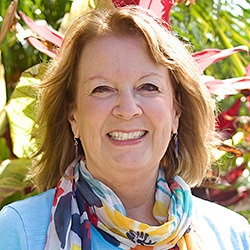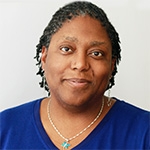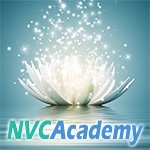

NVC Resources on Groups
-
Duke Duchscherer shares what the role of the facilitator is in a restorative circle.
-
Taking a look at how our unconscious biases often go unexamined and unchallenged.
-
Mary Mackenzie shares practical facilitation techniques to guide participants toward deeper understanding without correction. Through thoughtful pauses and reflective questions, she demonstrates how to help individuals connect with feelings and needs in a meaningful way.
-
Transform relationship pain and build thriving connections with NVC, Attachment Theory and IPNB.
-
The highest leverage point for effective meetings is preparing with self inquiry. Before saying something, we can ask ourselves about who this is serving, what needs it serves to say it, if there is a request we want to make, how to make the request actionable, and more. If more people at meetings do this, it can reduce the overall number of tangents we experience at meetings.
-
Trainer Tip: Notice if something within your agency will bring you the serenity you want. If not, then notice the needs you are trying to meet by wanting to take that action. Then then choose another action that's more likely to have the desired effect.
-
Join Roxy Manning for a provocative fishbowl discussion about how privilege and lack of privilege affect people of color.
-
Join Dian Killian and Mary Mackenzie for a provocative fishbowl discussion about how privilege and lack of privilege affect women.
-
Join a provocative fishbowl discussion about how privilege and lack of privilege affect men.
-
Join Jeff Brown for a provocative fishbowl discussion about how privilege and lack of privilege white people.

Quick Links
Subscription Preferences
Stay In Touch!
Looking for ways to keep up with NVC Academy news, get special offers, free resources, or words of inspiration? Here are five ways to stay engaged:

